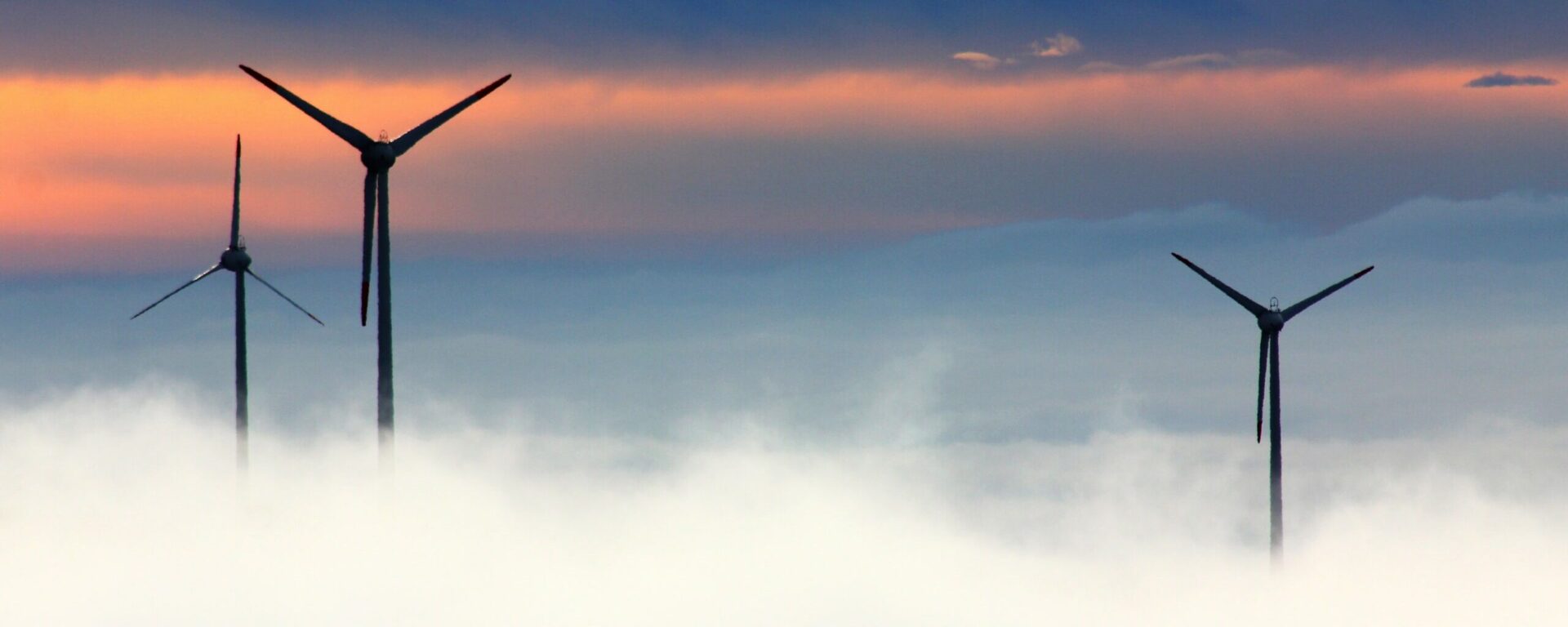New Pathways To Clean Energy: Virtual Power Purchase Agreements (VPPAs) In India

Virtual Power Purchase Agreements (VPPA)
It is a bilateral contract which allows a financial transaction between a generator of power (renewable power project) and a consumer (buyer) wherein the physical transaction of the agreement is dealt with by distribution companies (DISCOMs). This creates a smooth process of procurement of power with financial and strategic advantages since the price of the transaction is based on the difference between the market price and the strike price.
The payment structure would, however, depend upon the type of VPPA. If it’s a two-way VPPA, the difference between market price and fixed price would establish which party compensates for the difference, if the market price is below the fixed price, the consumer compensates, if the fixed price is below the market price, the generator compensates; Whereas, in a one-way VPPA, the liability only falls on the consumer if the market price is below the strike price to compensate the generator. These agreements allow parties to assess the risks, overcome the price volatility of the electricity market, determine the settlement mechanism and help the consumer achieve the green certificate.
Virtual Power Purchase Agreements (VPPAs) are a game-changing prospect for fulfilling the 2070 zero-emission goals that India committed to meet during the 26th Conference of parties of the UN Framework Convention on Climate Change (COP 26). [1] India further showed a promising resolve towards sustainability efforts to help tackle climate change with a rather ambitious commitment to shift to 50% electric power from non-renewable resources like fossil fuels by 2030, an increase to 500 GW RE Capacity from 157GW as of March 2022. [2] Clean energy is steadily becoming a mandate to meet climate sustainability goals worldwide. The push towards renewable energy (RE) sources and targeted reduction of carbon footprint allows a business to be adaptive to sustainable business practices.
Given the benefits discussed above, Commercial and Industrial (C&I) Consumers are more likely to adopt two-way VPPAs which are also known as Contracts for Difference (CD). These agreements help the C&I receive green energy attributes without having to set up the power projects themselves or agreements with multiple projects to provide renewable energy to nationwide company projects since the power is directly added to the grid.
Global Perspective; Benefits of VPPAs in India
While the US has adopted VPPAs with open arms, with about 80% of PPA contracts being Virtual PPAs signed by major companies to meet their RE requirements, India is yet to fully get aboard the sustainability train. One major pivot towards embracing VPPAs was seen in the issuance of the (Electricity (Promoting Renewable Energy Through Green Energy Open Access) Rules released on June 6th 2022 by the Ministry of Power, India. These rules are not limited to the main means of RE like Wind or Solar energy but also include ‘Waste-to-Energy’ plants.
The primary issues in a traditional environment of power trading based on PPAs with utilities can be identified as:
i. Demand-based issues
ii. Regulatory concerns
iii. Financial shortcomings
To tackle these issues, the VPPAs seek to provide a balanced and complete energy solution. This is because the cost of energy generation is lower in India as compared to several other countries, a factor which could favourably influence India’s position as an international RE distributor, by providing a compromise in cost benefits between finance developer and buyer while allowing the consumers to receive RE globally.
India: The Foundation for VPPAs
The derivative nature of the contract put the jurisdiction as the primary challenge of adoption in India since the Central Electricity Regulatory Commission (CERC) does not recognize derivative contracts, and the Securities and Exchange Board of India (SEBI) is the appropriate body to deal with such contracts but the crux of agreement demands a clasped approach; as settled by the Supreme Court on October 6th 2021, with a statement to create a resolution of jurisdiction. [3] Provided some limitations and conditions, CERC would regulate:
- The ready delivery contracts and Non-Transferable Specific Delivery (NTSD).
- The contracts as defined in the Securities Contracts (Regulation) Act, 1956 (SCRA) in electricity, entered into by members of the power exchanges, registered under CERC (Power Market) Regulations, 2010.
SEBI would regulate
- Commodity Derivatives in electricity other than Non-Transferable Specific Delivery (NTSD).
- Contracts as defined in SCRA.
A strict and clear set of guidelines would further streamline the jurisdictional issue and allow the player in the electricity market to have an effective redressal mechanism and registration system in place.
Going Forward
To accelerate the RE projects, the Ministry of Power has extended the tax waivers on Inter-State Transmissions (ISTS) and the installation of solar and wind projects until June 2025. [4] It would be a beneficial time for the investors to help fund the establishment of these RE projects. The present challenge is to restructure DISCOMs to be an efficient facilitator of RE, subsequently with the betterment of green energy infrastructure, as there would be a much-required increase in the Investment in the industry to help achieve the sustainability goals.
The uncertainty of long-term markets is the key risk that buyers would have to bear but the projections may fall in their favour if the regulatory bodies provide necessary exemptions and waivers. Furthermore, Indian lawmakers must make space for VPPAs in the long run to help companies meet their 100% RE sustainability goals, thereby moving closer to the energy sustainability goals.
- *virtual_power_
- Financial health of discoms hurdle for renewable energy sector: Moody’s | Business Standard News (business-standard.com)
- Resolution of Sebi-CERC dispute to open gate for power market reforms: Govt | Business Standard News (business-standard.com)
- No transmission charge waiver for green power projects from July 2028 | The Financial Express
Contributed by Raju Misra, Partner & Radhika Gupta
By entering the email address you agree to our Privacy Policy.